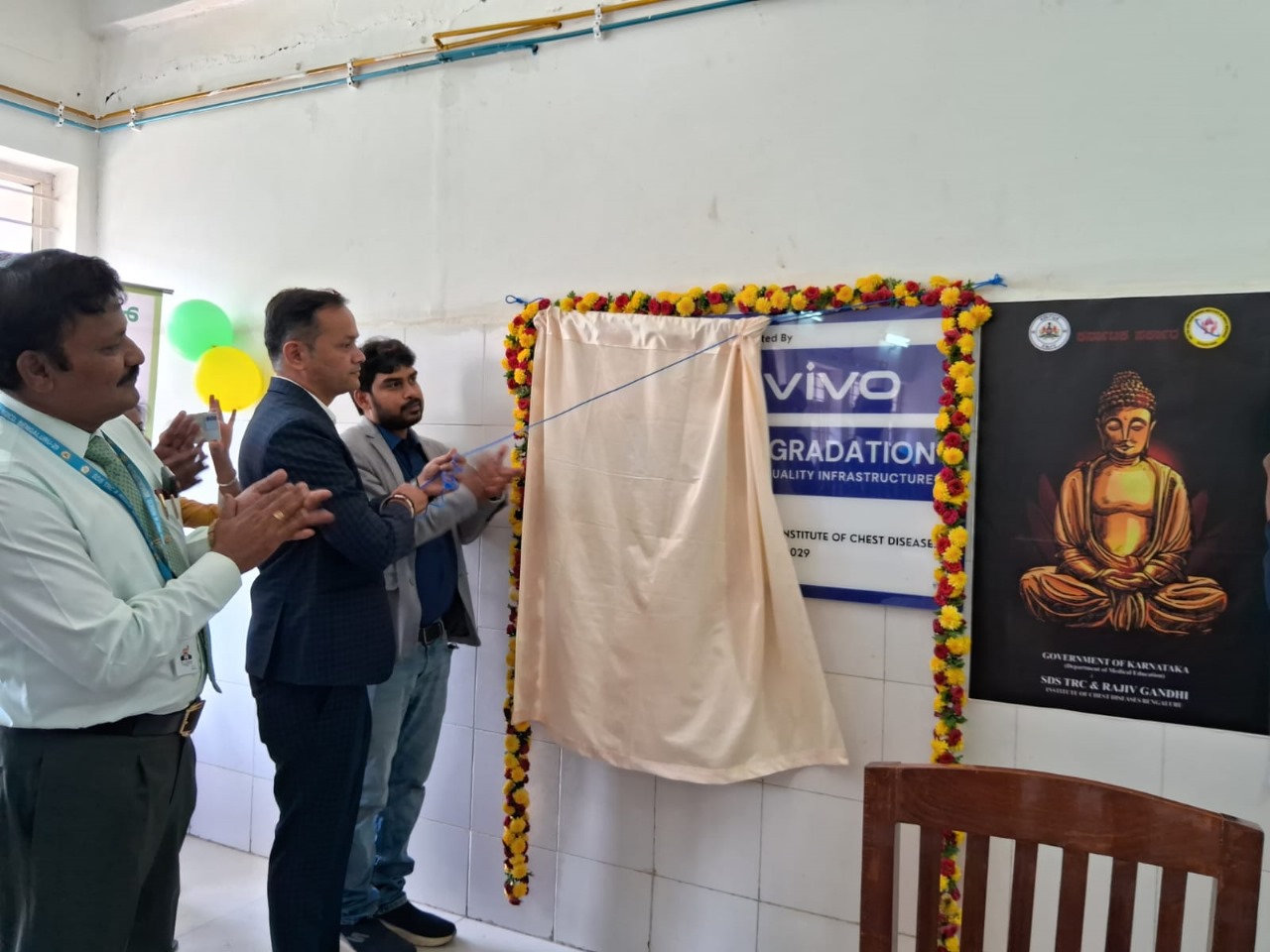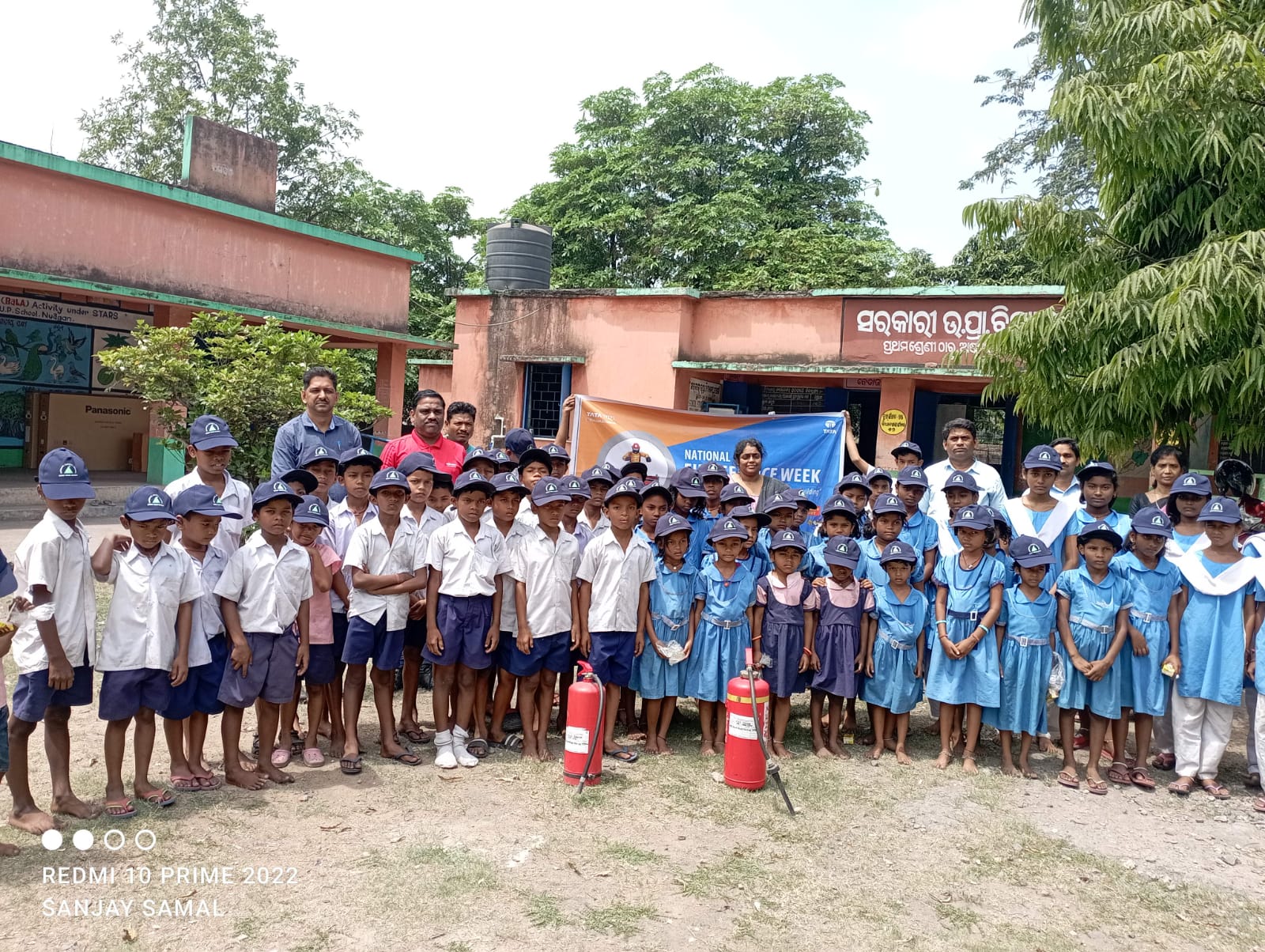Subscribe our Weekly Newsletter
RFP for Endline Study of the E-IMNCI Project in Ranchi District of Jharkhand, India

Organization: Terre des hommes (Tdh)
Apply By: 22 Oct 2021
|
RFP for Endline Study of the E-IMNCI Project in Ranchi District of Jharkhand, India |
DELEGATION: - Tdh Foundation, India Delegation Office
PROJECT: - An Integrated Approach to Digitally Enabled IMNCI Care by Frontline Healthcare Workers in India
PROGRAM: - Digital Health
Terre des hommes (Tdh) is a leading Swiss child relief non-profit organization with headquarter in Lausanne, Switzerland. The Foundation has been helping over three million children and their families in need for over 50 years, defending their rights regardless of their race, creed, or political affiliation. Tdh’s mission is to improve the living conditions of the most vulnerable children by direct support, advocacy, promoting child participation for the respect of their rights, strengthening communities and institutions to better respond to children’ needs. In over 30 countries, Tdh protects children against exploitation and violence, improves children’s and their mother’s health and provides emergency psychological and material support in humanitarian crises.
Tdh Foundation in India has been registered since 2008 as a Liaison Office and it has provided technical guidance and support to government structures and civil society organizations to defend and promote children’s rights. Tdh’s main programme priorities in India are unsafe migration, Maternal and Child health, WASH and Emergency response. Tdh’s office in India is in Kolkata; and project interventions currently cover the states of Jharkhand and West Bengal. In 2020, through projects and together with local NGO partners, Tdh has reached more than 116,000 beneficiaries, including vulnerable children and their families
Project Background:
In 1995, WHO and UNICEF developed Integrated Management of Childhood Illness (IMCI) as a premier strategy to promote health and provide preventive and curative services for children under five years of age. There has been near universal adoption of the IMCI strategy by target countries, with widespread reported implementation of IMCI. However, countries were rarely able to scale up IMCI and the adherence was very low. Poor adherence to the Integrated Management of Childhood Illness (IMCI) protocol reduces the potential impact on under-five morbidity and mortality. Electronic technology could improve adherence and the completeness of assessment of children.[1]
Terre des hommes initiated the Integrated e-Diagnostic Approach (IeDA) programme in 2014, with the goal of reducing child mortality by enabling better quality of health services through mobile health tools, quality improvement processes and a data management strategy. IeDA helps the primary healthcare workers (HCW) improve their level of adherence to the IMCI clinical guideline. The digital job aid of IeDA is an Android-based application that guides Healthcare Workers (HCWs) through the IMCI algorithm from the clinical assessment of the child, to the classification, prescription, referral and counselling.
The IeDA application supports HCWs in primary health care facilities with 4 distinct elements:
- The diagnostic support tool that helps diagnose and treat children according to protocols.
- The Learning tool that helps assess and train HCWs in care protocols and regimens
- The associated coaching and supervision strategies that enhance the motivation and skills of HCWs and thereby, the quality of care.
- The collected data gets centralized in the CommCare platform and made available to decision-makers in the form of customized dashboards for remote monitoring, targeted supervision and tailored trainings.
In India, IeDA has been contextualised to E-IMNCI in Jharkhand. The E-IMNCI pilot activity was carried out under sub award by USAID Vriddhi Project from August 2020 till March 2021; and from April to December 2021 the extension phase of the project is under implementation with funding support from Switzerland
The primary goal of the E-IMNCI pilot project is to develop a ready to scale-up tool for eLearning and improve clinical practices of the primary level health service providers (ANMs & MOs) to deliver IMNCI services; as per national IMNCI Operational guidelines
HCWs use the tablet to fill in the information as requested by the application, and at the end of the process, obtain the corresponding diagnosis, treatment, and counselling recommendation according to the IMNCI algorithm. That is, the software guides the health workers throughout a consultation in a step-by-step process following the IMNCI algorithm, avoiding the problem of HCWs trying to memorize the IMNCI chart booklet and omitting key elements during the assessment. The application automatically creates and maintains a patient file for each child presented at a specific health centre, including the history of all consultations made and treatments prescribed. The HCW can access existing records through a search for the child’s name, date of birth and village of origin.
The activities under the E-IMNCI pilot project are being implemented with 73 frontline workers; composed of 68 ANMs (Auxiliary Nurse Midwives) and 5 MOs (Medical Officers) at 54 facilities in 3 blocks (Namkum, Ratu and Angara) of Ranchi district is Jharkhand. The beneficiary group is Infant between 0 to 59 days: and child between 2 months to 5 years
Objective of the Study:
The Endline study shall try to capture all the intended and unintended consequences of the intervention such as use of IMNCI job aids among the health workers targeted under the intervention, adherence to IMNCI protocol, improvement in knowledge, use of the application in problem solving, practice of health workers on IMNCI, effectiveness of supportive supervision and response from the health administration and other factors which affects the quality of care of infant and children within the reference group. The experience and satisfaction of the community shall also be considered. The findings from the study shall help to establish the relevance, effectiveness, efficiency, sustainability/ adaptability, and challenges/ lesson learnt and good practice pertaining to the intervention.
To download the full TOR, click here
Latest Online Store
Latest Grants
Latest News
© Renalysis Consultants Pvt Ltd


























